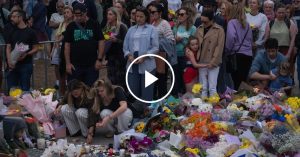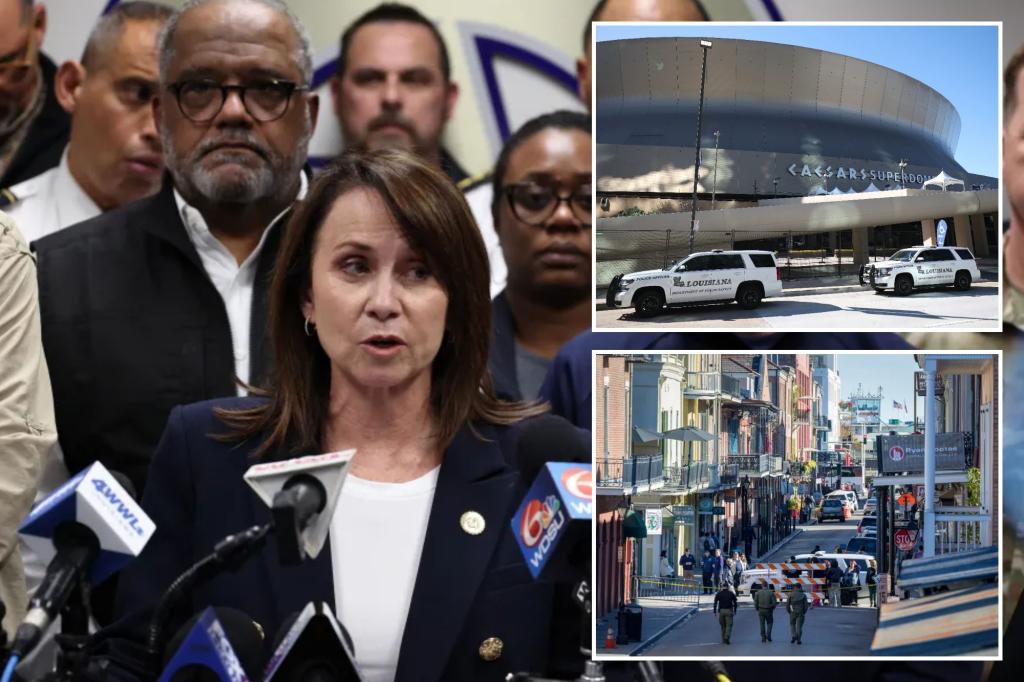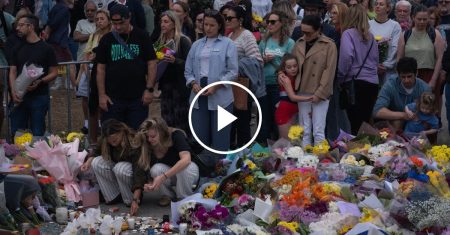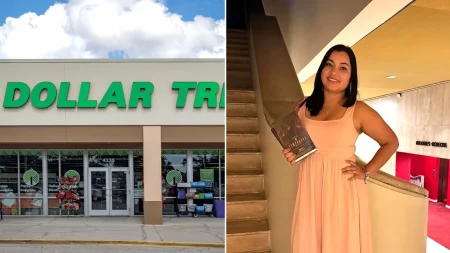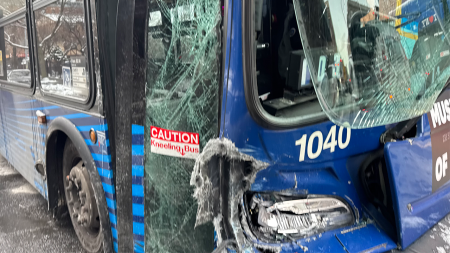The tragic events of New Year’s Day 2024 in New Orleans cast a pall over the highly anticipated Sugar Bowl, a College Football Playoff semifinal game between the Georgia Bulldogs and the Notre Dame Fighting Irish. A horrific incident unfolded in the early morning hours as a truck plowed through a crowd of revelers on Bourbon Street, claiming the lives of at least 15 individuals and injuring dozens more. Among the victims was a former Princeton football star, adding a poignant layer to the tragedy’s impact on the sports world. The incident immediately raised concerns about the feasibility of holding the Sugar Bowl as scheduled, given the city’s state of shock and mourning, as well as the logistical challenges posed by the ongoing investigation and heightened security concerns.
The attack, occurring just hours before the scheduled kickoff, prompted calls for the postponement of the game. Louisiana Attorney General Liz Murrill publicly expressed her desire for a more substantial delay, suggesting a postponement of at least two days, until Friday, would be more appropriate. While acknowledging that the final decision rested with the game organizers, Murrill’s statement reflected a sentiment shared by many who felt that proceeding with the game so soon after the tragedy would be insensitive and disrespectful to the victims and their families.
Despite the attorney general’s preference, the Sugar Bowl organizers, after consultations with ESPN, the College Football Playoff committee, the Southeastern Conference, and representatives from both universities, decided to postpone the game by only 24 hours. The revised schedule set the kickoff for Thursday afternoon at the Caesar Superdome, located approximately one mile from the site of the attack. The decision to proceed with the game, albeit with a one-day delay, sparked a debate between prioritizing the sports schedule and acknowledging the gravity of the tragedy that had befallen the city. While some argued that the game could serve as a symbol of resilience and a return to normalcy, others maintained that holding the game so soon after the loss of life would appear insensitive and disrespectful.
The organizers defended their decision, emphasizing the extensive consultations held with all relevant parties and citing public safety as the primary factor in the postponement. Sugar Bowl CEO Jeff Hundley reiterated the consensus reached among the various stakeholders, emphasizing the importance of public safety in the decision-making process. However, the limited postponement failed to fully address the concerns raised by Attorney General Murrill and others who felt a longer delay would have been more appropriate given the magnitude of the tragedy and the ongoing investigation.
Beyond the logistical challenges, the emotional impact of the tragedy resonated deeply within the sports community. Notre Dame’s president, Rev. Robert Dowd, issued a statement expressing solidarity with the victims and their families. His message emphasized the university’s commitment to supporting those affected by the tragedy, reflecting a broader sentiment of empathy and compassion within the college football world. The incident served as a stark reminder of the fragility of life and the importance of community in times of crisis.
The subsequent investigation into the attack identified Shamsud-Din Jabbar as the suspect. Jabbar was later killed in a gunfight with authorities, adding another layer of complexity to the unfolding narrative. The FBI, while identifying Jabbar as the primary suspect, indicated that they did not believe he acted alone, suggesting the possibility of a broader conspiracy or coordinated effort. This revelation further complicated the situation, raising questions about the potential motives behind the attack and the extent of any wider involvement. The ongoing investigation would undoubtedly continue to occupy law enforcement officials in the days and weeks to come, adding to the already somber atmosphere surrounding the Sugar Bowl. The tragic events of New Year’s Day served as a stark reminder of the vulnerability of even celebratory gatherings and the potential for unforeseen tragedy to disrupt even the most anticipated events.
